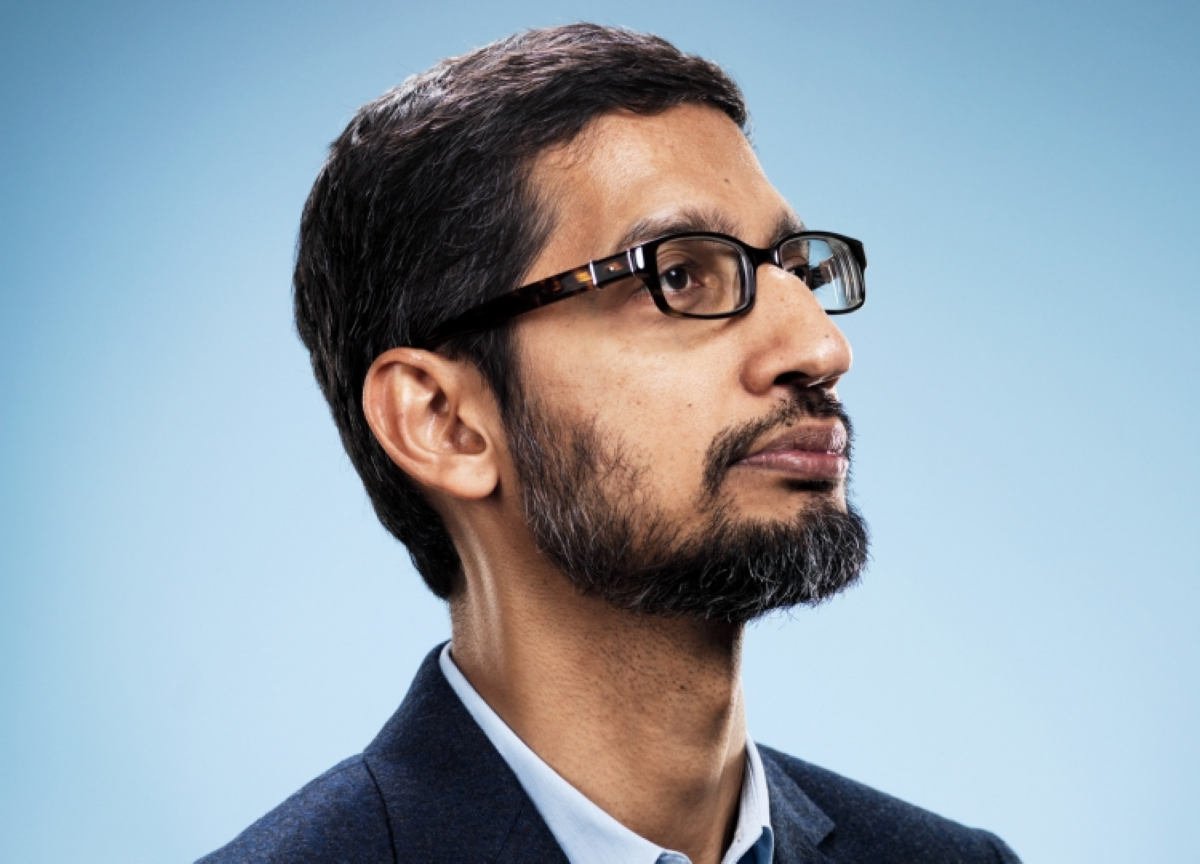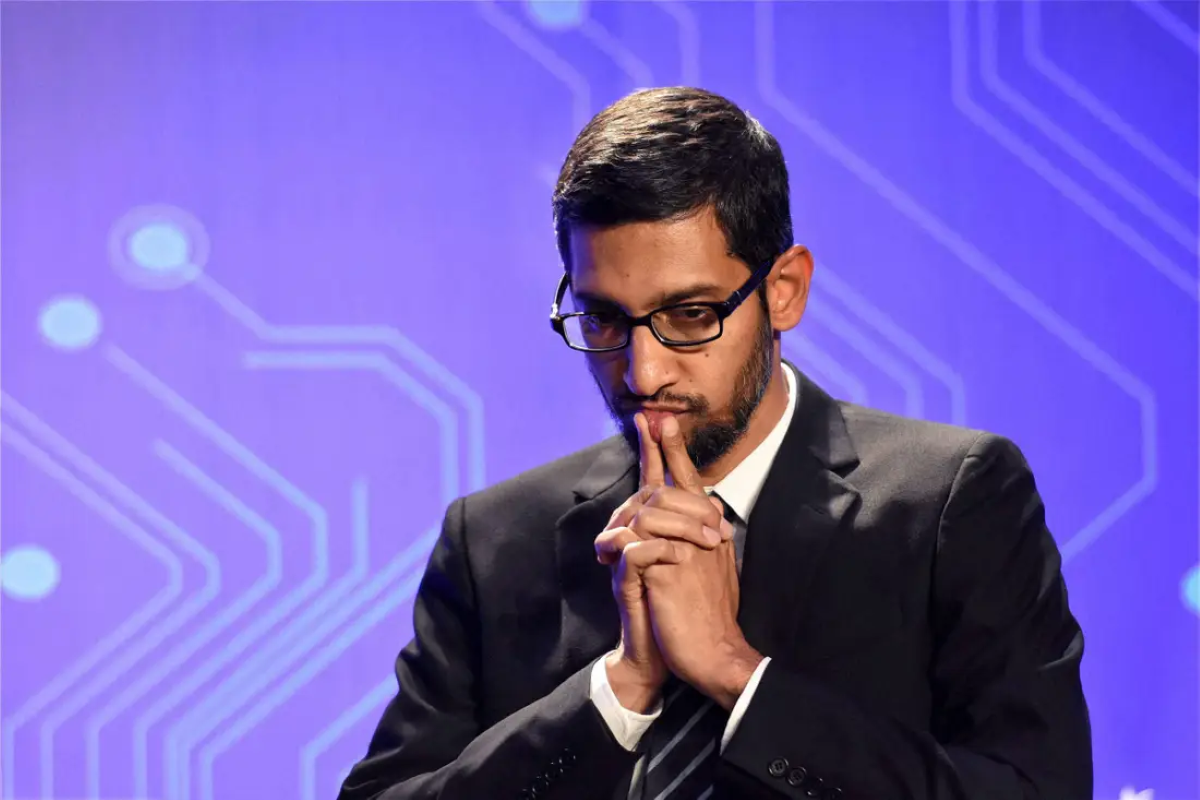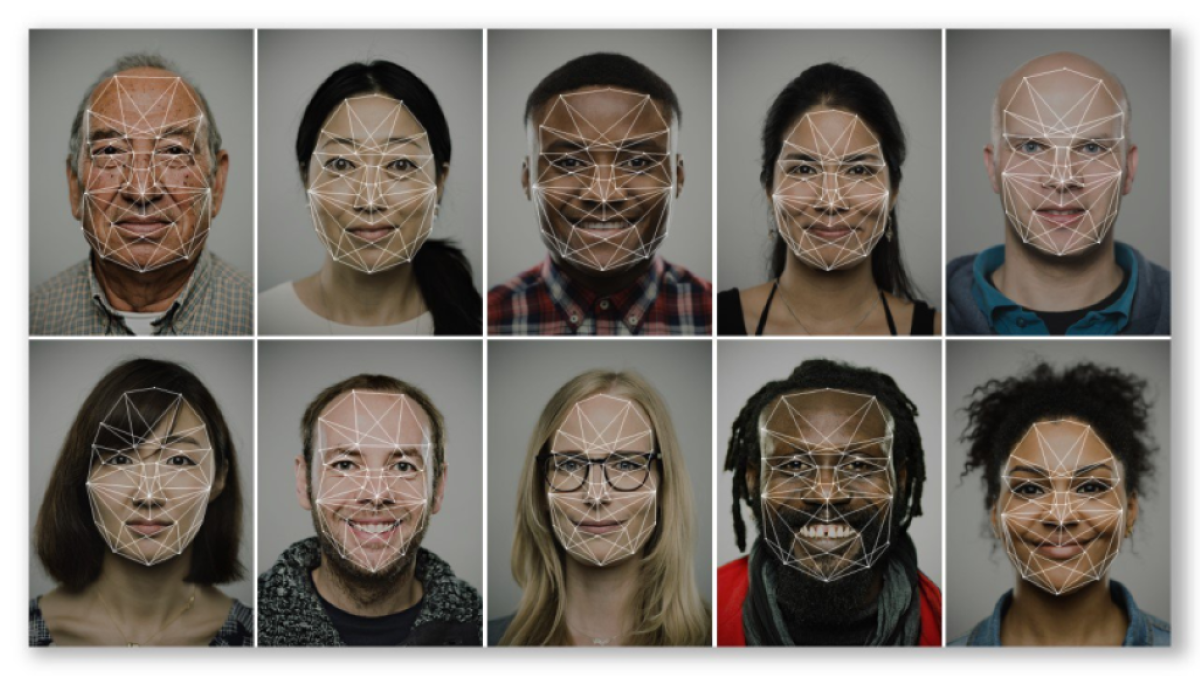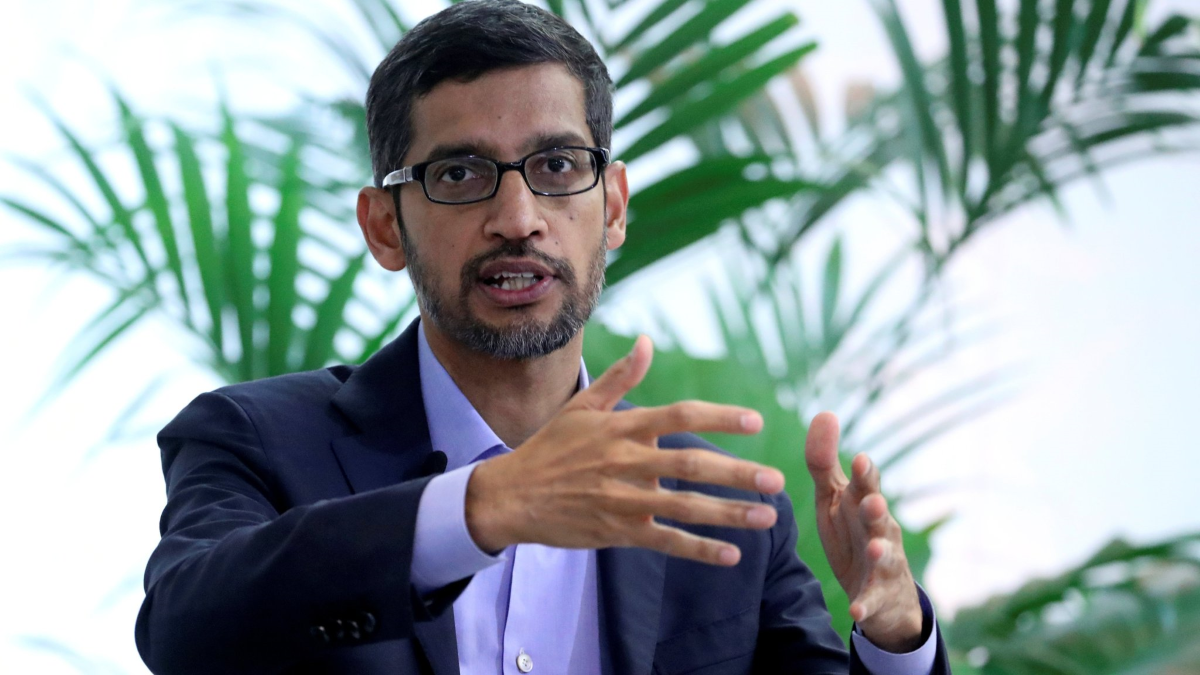Google CEO Sundar Pichai’s personal thoughts about the dangers involving A.I. and its low regulations standards were recently published in an op-ed in the Financial Times. In the article Pichai highlights the concerns about the recent increase of deepfakes (synthetic fradulent/fake media generated by A.I. networks) and the potential abuses of facial recognition technology, highlighting those as the main dangers of A.I., stating that artificial intelligence needs tighter regulations: “We need to be clear-eyed about what could go wrong with A.I.”

Nonetheless, Pichai also referred to the benefits that A.I. can bring like Google’s recently funded study, where it was discovered that A.I. can detect breast cancer more accurately than doctors, or even Google’s latest project where A.I. was used to more accurately predict rainfall in local areas.
Still, Sundar Pichai explained that we shouldn’t take technology for granted, saying that “history is full of examples of how technology’s virtues aren’t guaranteed” adding that “the internet made it possible to connect with anyone and get information from anywhere, but also easier for misinformation to spread.”
In the article, Pichai also recommended that regulatory proposals for the use of A.I. are developed in order to address these concerns, where he strongly highlighted the need for regulations to be as international as possible in a globalized world, saying that “to get there, we need agreement on core values.”

Pichai then used Google as an example of a company releasing state-of-the-art A.I. Tech. that can be used with malicious intent, saying that “companies such as ours cannot just build promising new technology and let market forces decide how it will be used.”
Pichai then noted that existing regulations such as Europe’s General Data Protection Regulation could serve as the foundation for future legislation, regardless of the issues that EU’s GDPR brought for Google in the past.
Pichai also highlighted the importance of considering major factors like safety and fairness when creating new rules or regulating already existing ones for A.I. in order to find better ways of balancing the potential benefits and harms of technological developments.
Pichai also referred to other people’s more common concerns about A.I. tech, including internet communications, machine learning, and smart algorithms.

Pichai’s concerns related to the dangers of A.I. and his care to raise awareness on the matter are both positive and valid points. Nonetheless, it’s surprising to have the CEO of a company that has targeted homeless people to build facial recognition features and has used A.I. to improve the accuracy of military drones raising awareness about the ethical use of A.I.

Pichai then stated that he would support a temporary ban on facial-recognition technology until governments can come up with a concrete plan to regulate it.

“So, I think it’s important governments and regulations tackle it sooner, rather than later, and give a framework for it,” Google CEO Sundar Pichai said at a think tank-organized event in Brussels on Monday. “It can be immediate. Maybe there’s a waiting period before we really think about how it’s used.”

Still, Pichai stated that Google is looking to be “a helpful and engaged partner to regulators,” as the responsible entities address the A.I. issue, adding that Google would offer its “expertise, experience, and tools as we navigate these issues together.”
On the other hand, big tech companies like Amazon have been trying to write their own legislation around facial recognition, which opens up the door for other tech giants to also start looking for ways of regulating their own industry. Ultimately, that may not be the best way to lessen any bigger tech company’s ever-growing power.





